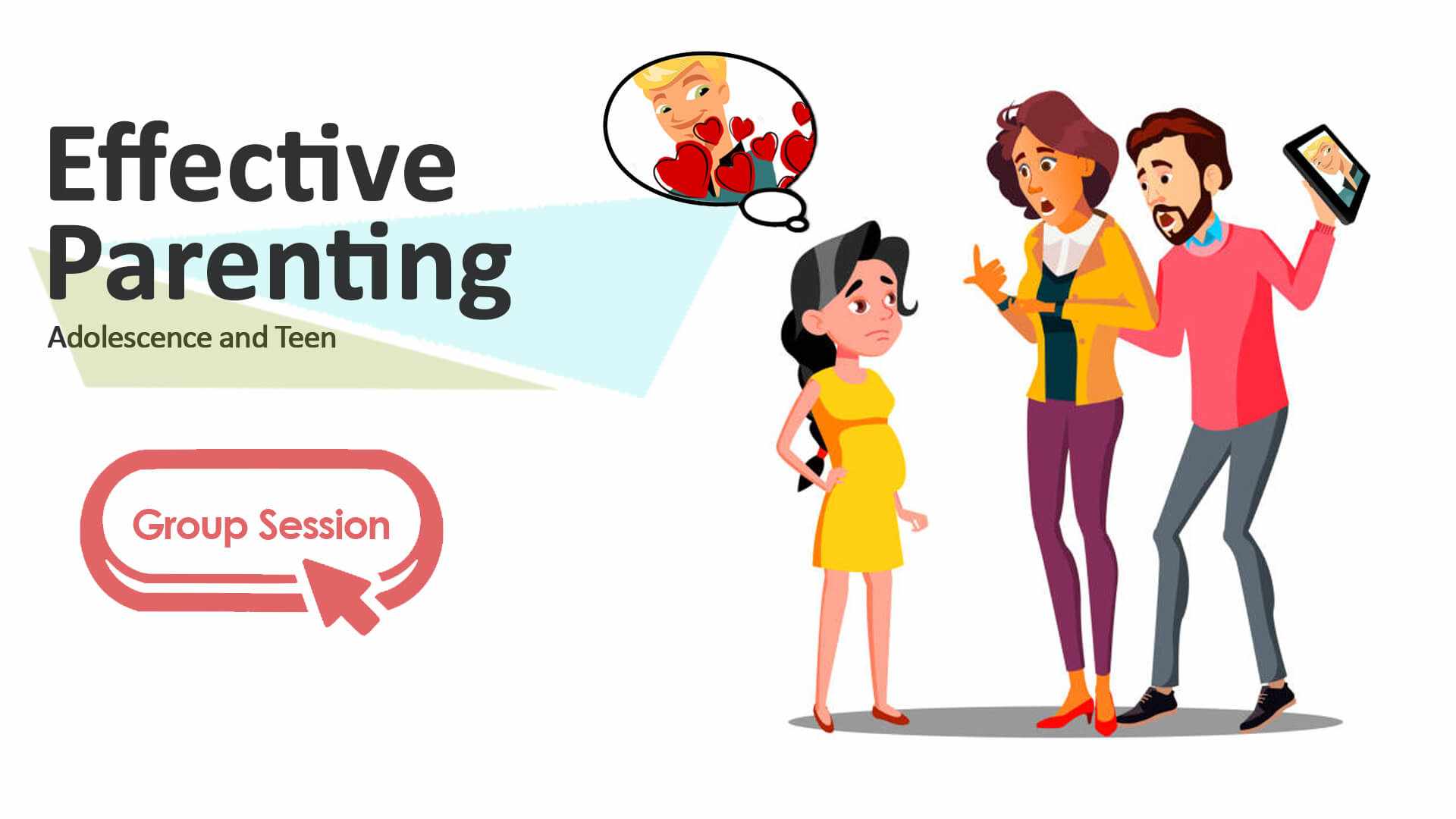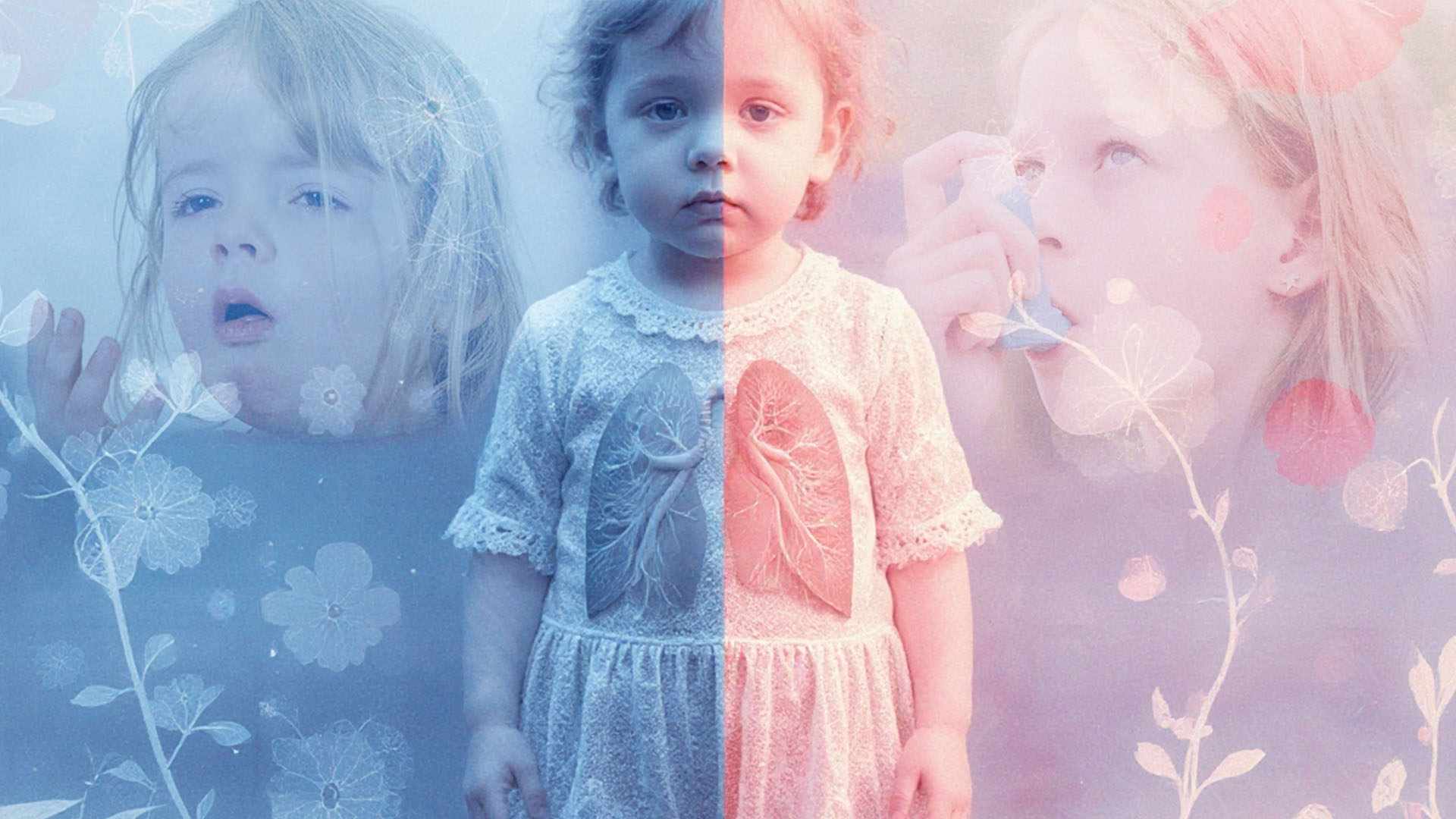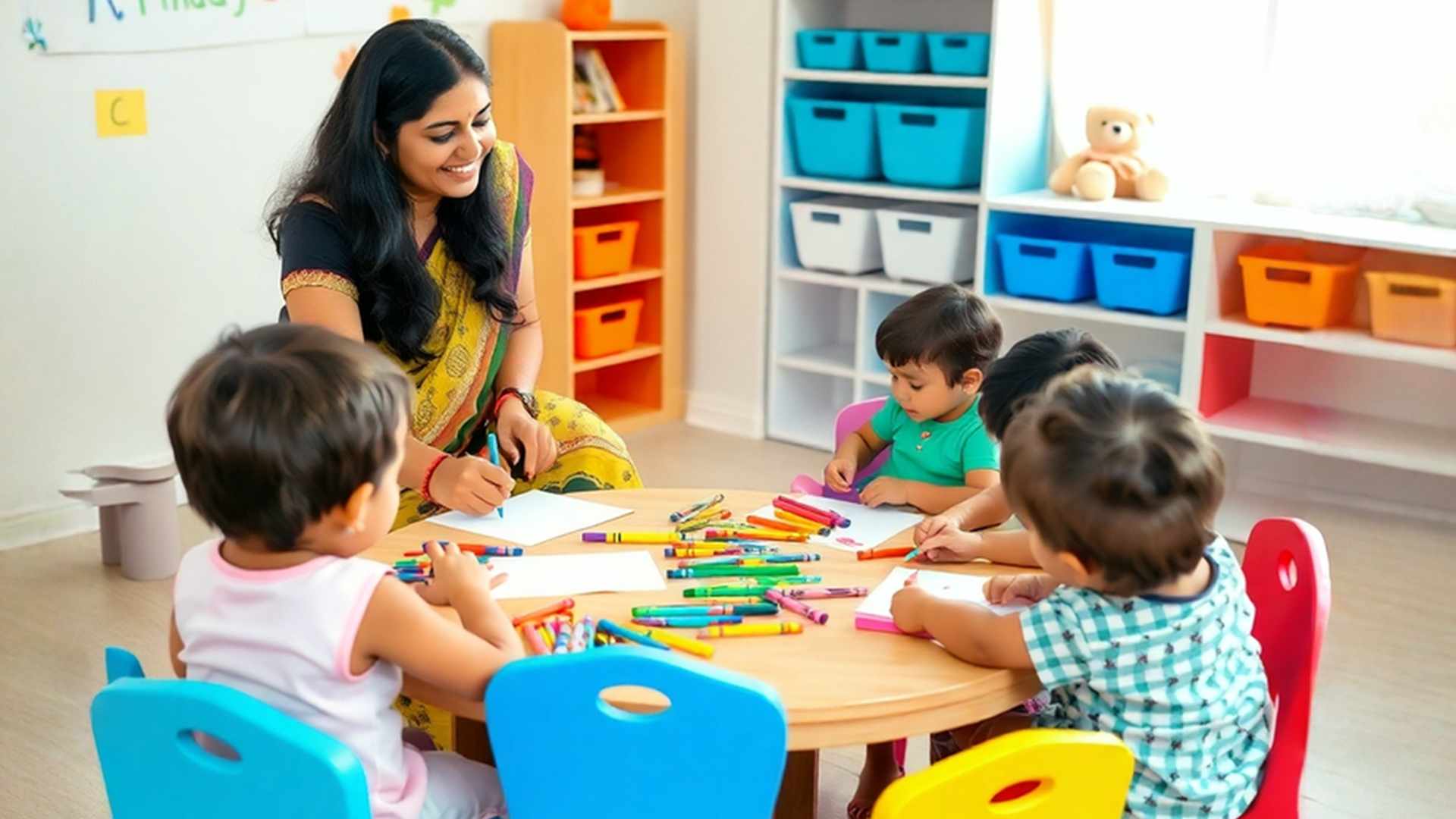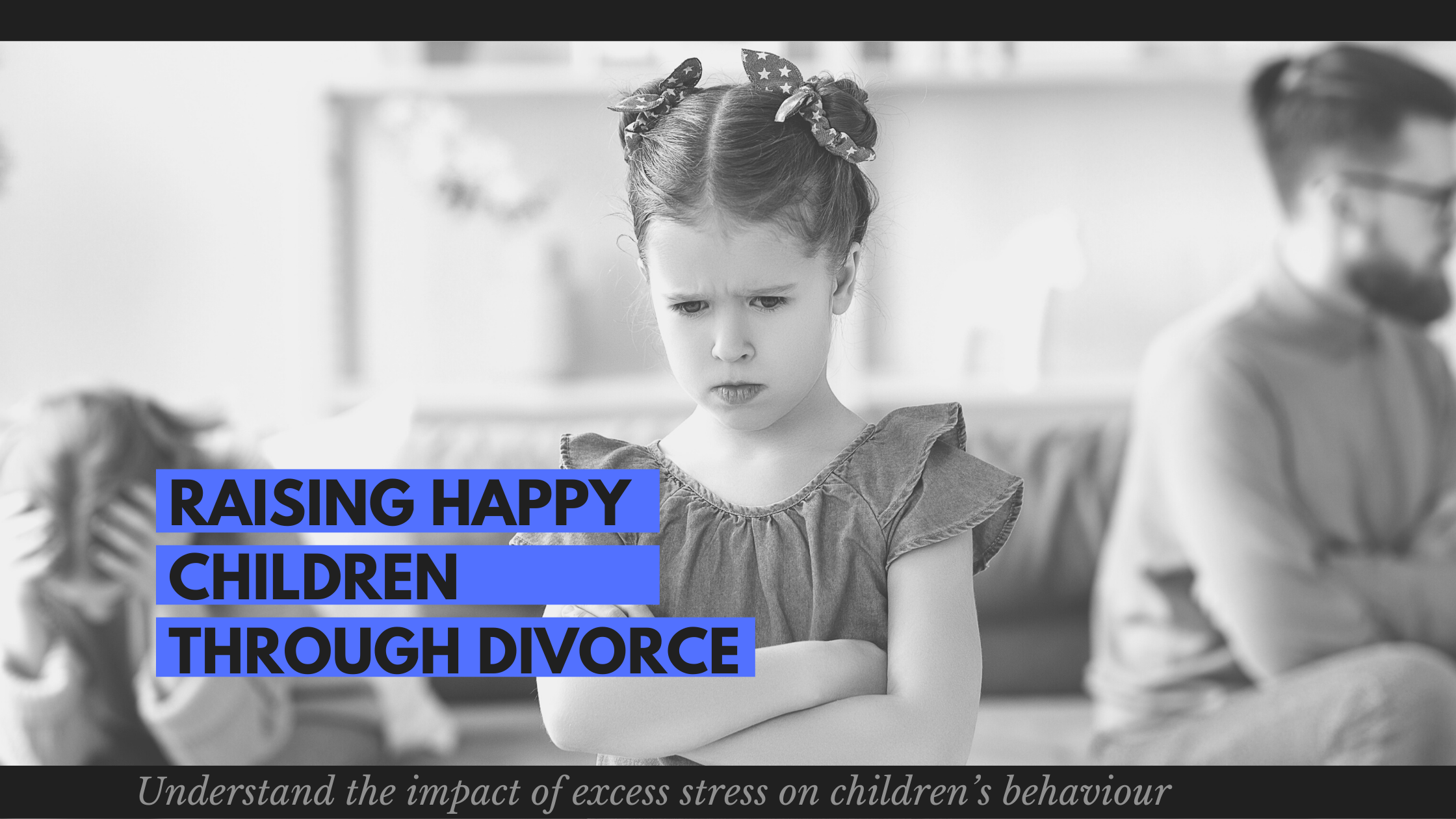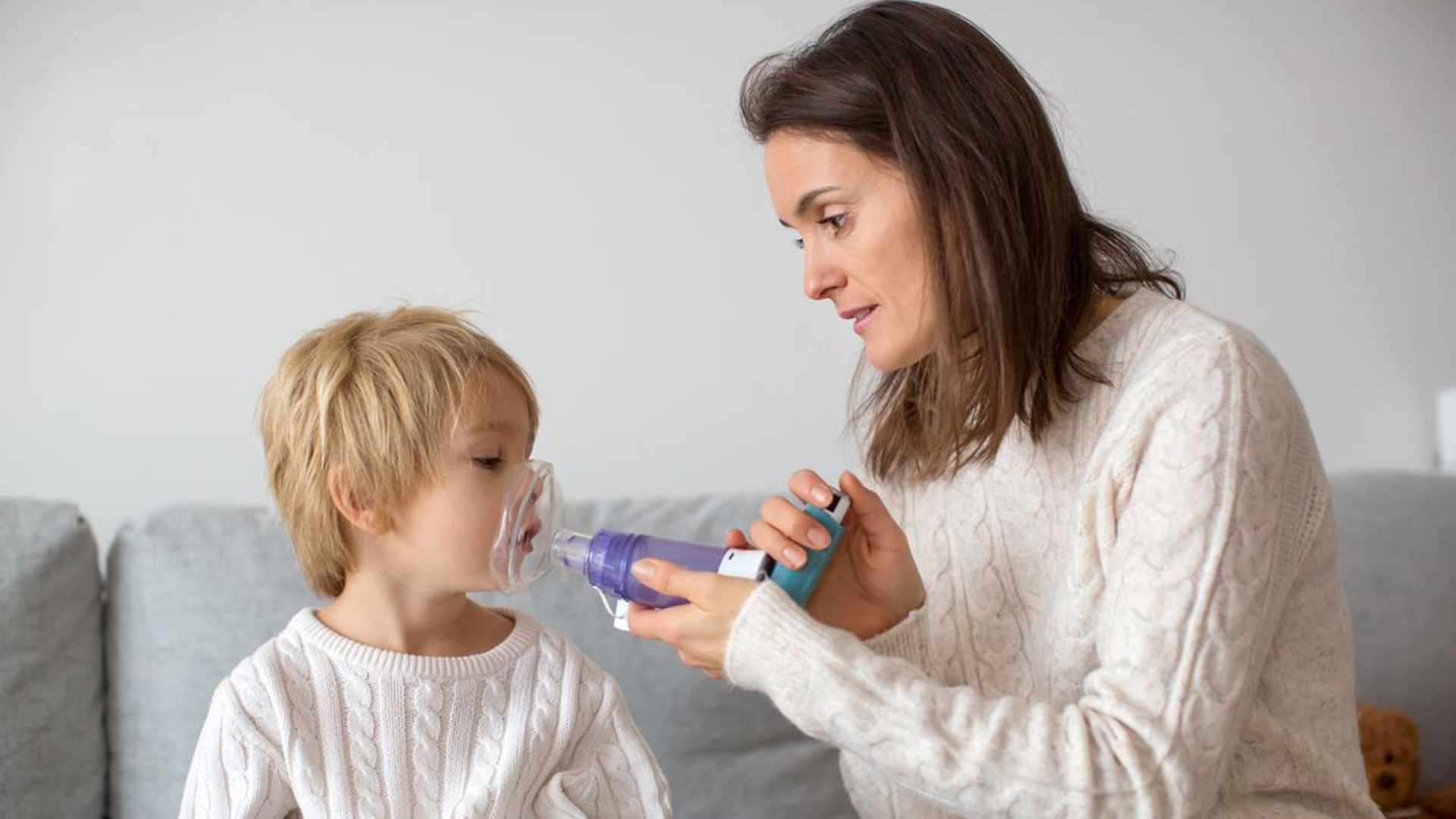Third and Fourth Years of Life - Strengthening Your Child’s Social Skills


Third and Fourth Years of Life - Strengthening Your Child’s Social Skills
 By Inventive Minds Kidz Academy
By Inventive Minds Kidz Academy
 Added Mon, Apr 28 2025
Added Mon, Apr 28 2025
 By Inventive Minds Kidz Academy
By Inventive Minds Kidz Academy
Added Mon, Apr 28 2025
Hey, Thanks For Subscribing!
Please check for a confirmation message and ensure you add us to a safe email list.
If you don't see a message in the next five minutes, check your spam or junk folders and mark our emails safe for next time.
See you soon!
Duplicate Email Found!
Well this is embarrassing... It looks like is already registered.
We have just sent an email to that address with a link to manage the subscription with us. If you don't see a message in the next five minutes, check the spam or junk folders, it's definitely there.
See you soon!
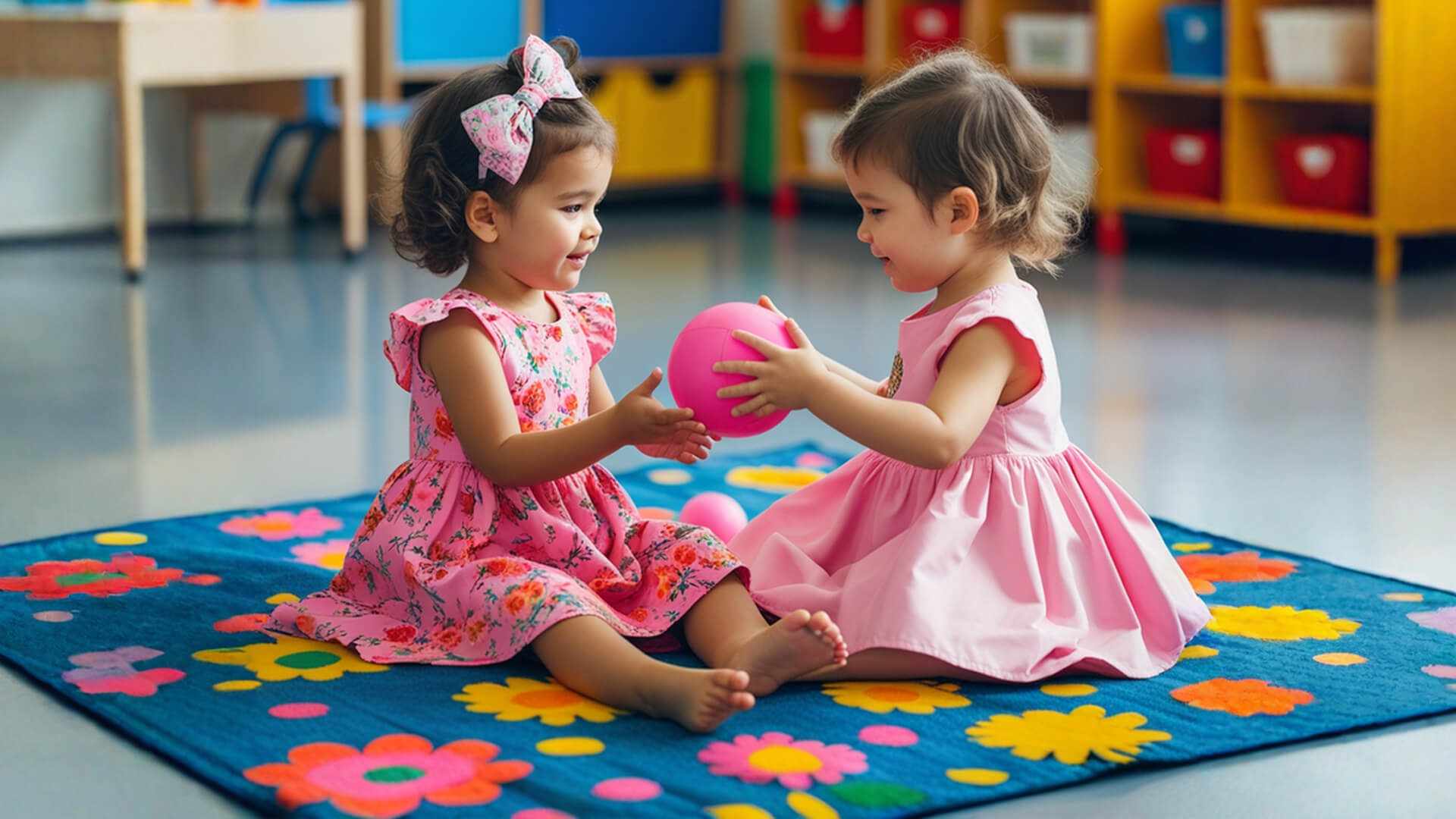
Most children are able to speak two-to-three-word sentences by their second birthday, and they can understand even more complex sentences. Because of their tremendous linguistic abilities, the third and fourth years of a child’s life become pivotal for social development, as it is the time that they learn most of the basic social cues and abilities.
During this period, children transition from solitary and parallel play to more interactive and cooperative forms of engagement. They begin to form friendships, understand and express a wider range of emotions, and navigate social norms with increasing sophistication. According to Nelson Textbook of Pediatrics,
"Early childhood is a crucial phase for developing the foundational skills necessary for future social competence, including cooperation, empathy, and emotional regulation."
Understanding this developmental stage is essential for parents to foster positive social behaviors and address potential challenges. Parenting style profoundly impacts a child’s ability to navigate social relationships.
In this article, we will:
-
Discuss each category of social development,
-
Recommend ways to enhance your child’s social skills,
-
Offer general parenting tips for this age,
-
Address some common challenges.
Peer Interactions and Friendship Formation
Between the ages of three and four, children exhibit significant advancements in how they interact with peers.
-
Initially, they may engage in associative play — sharing materials and communicating without fully cooperating.
-
As they approach four years old, true cooperative play emerges, involving taking on roles, negotiating rules, and collaborating in activities.
This progression is crucial as it lays the groundwork for future social relationships.
How Parents Can Support Friendship Formation:
-
Provide Opportunities for Group Play: Engage children in both structured (preschool programs, playgroups) and unstructured settings (playgrounds, family gatherings).
-
Model Positive Social Behavior: Demonstrate turn-taking, sharing, and polite communication — children copy what they see.
-
Teach Initiation Phrases: Equip them with simple phrases like “Can I play with you?” or “Let’s do this together!”
According to the American Psychological Association, by age four, children begin cooperative play, understand turn-taking, and offer things to others.

Emotional Regulation and Empathy Development
During this stage, children:
-
Recognize and label emotions in themselves and others,
-
Learn to manage frustration and delay gratification,
-
Begin developing empathy by understanding how their actions affect others.
How to Foster Emotional Growth:
-
Label Emotions: Help them associate words with feelings (“I see you're frustrated because the toy isn't working.”)
-
Encourage Problem-Solving: Instead of solving problems for them, ask “What else can we try?”
-
Model Empathy: Show understanding (“That must have hurt. Do you want a hug?”) to teach compassion.
Children aged 3–4 years start to show and verbalize a wider range of emotions and become interested in pretend play, though they may still confuse real and make-believe scenarios.
 Language and Communication Skills in Social Contexts
Language and Communication Skills in Social Contexts
Language development is closely tied to social success.
Between ages three and four, children's vocabulary expands rapidly, allowing them to:
-
Express desires,
-
Negotiate conflicts,
-
Engage in imaginative play.
How to Support Language Development:
-
Engage in Daily Conversations: Narrate actions, describe surroundings, and discuss activities to introduce new words.
-
Encourage Storytelling and Role-Playing: Use props and scenarios to prompt creativity and expression.
-
Teach Conversational Turn-Taking: Practice dialogue where each person has a chance to speak (“Now it’s my turn, then your turn.”)
By this age, children understand concepts like "same" and "different," use simple sentences, and can tell basic stories — all important for social interactions.
General Tips and Common Challenges in Social Skill Development
Children raised with consistent, responsive, and structured parenting tend to develop:
-
Secure social attachments,
-
Positive peer interactions.
General Parenting Tips:
-
Positive Reinforcement: Praise behaviors you want to see more of (“Great job sharing your toy!”)
-
Set Consistent Boundaries: Define clear rules (“At the park, we take turns on the slide.”)
-
Coach Social Situations: Help your child process emotions (“It's okay to feel upset when your friend doesn’t want to play right now.”)
Common Social Challenges:
-
Shyness: Encourage gradual exposure to social situations. Don’t force interactions; support and gently encourage them.
-
Aggression: Teach alternative ways to express frustration (using words, deep breathing, or role-playing scenarios).
-
Difficulty Sharing: Use turn-taking methods like setting a timer for toy sharing.
Behavioral difficulties during early social development can often be improved with:
-
Proper guidance,
-
Structured peer exposure,
-
Parental modeling of prosocial behavior.
More serious behavioral challenges will be discussed in a separate article.

References
-
Nelson Textbook of Pediatrics, 22nd Edition
Most children are able to speak two-to-three-word sentences by their second birthday, and they can understand even more complex sentences. Because of their tremendous linguistic abilities, the third and fourth years of a child’s life become pivotal for social development, as it is the time that they learn most of the basic social cues and abilities.
During this period, children transition from solitary and parallel play to more interactive and cooperative forms of engagement. They begin to form friendships, understand and express a wider range of emotions, and navigate social norms with increasing sophistication. According to Nelson Textbook of Pediatrics,
"Early childhood is a crucial phase for developing the foundational skills necessary for future social competence, including cooperation, empathy, and emotional regulation."
Understanding this developmental stage is essential for parents to foster positive social behaviors and address potential challenges. Parenting style profoundly impacts a child’s ability to navigate social relationships.
In this article, we will:
-
Discuss each category of social development,
-
Recommend ways to enhance your child’s social skills,
-
Offer general parenting tips for this age,
-
Address some common challenges.
Peer Interactions and Friendship Formation
Between the ages of three and four, children exhibit significant advancements in how they interact with peers.
-
Initially, they may engage in associative play — sharing materials and communicating without fully cooperating.
-
As they approach four years old, true cooperative play emerges, involving taking on roles, negotiating rules, and collaborating in activities.
This progression is crucial as it lays the groundwork for future social relationships.
How Parents Can Support Friendship Formation:
-
Provide Opportunities for Group Play: Engage children in both structured (preschool programs, playgroups) and unstructured settings (playgrounds, family gatherings).
-
Model Positive Social Behavior: Demonstrate turn-taking, sharing, and polite communication — children copy what they see.
-
Teach Initiation Phrases: Equip them with simple phrases like “Can I play with you?” or “Let’s do this together!”
According to the American Psychological Association, by age four, children begin cooperative play, understand turn-taking, and offer things to others.

Emotional Regulation and Empathy Development
During this stage, children:
-
Recognize and label emotions in themselves and others,
-
Learn to manage frustration and delay gratification,
-
Begin developing empathy by understanding how their actions affect others.
How to Foster Emotional Growth:
-
Label Emotions: Help them associate words with feelings (“I see you're frustrated because the toy isn't working.”)
-
Encourage Problem-Solving: Instead of solving problems for them, ask “What else can we try?”
-
Model Empathy: Show understanding (“That must have hurt. Do you want a hug?”) to teach compassion.
Children aged 3–4 years start to show and verbalize a wider range of emotions and become interested in pretend play, though they may still confuse real and make-believe scenarios.
 Language and Communication Skills in Social Contexts
Language and Communication Skills in Social Contexts
Language development is closely tied to social success.
Between ages three and four, children's vocabulary expands rapidly, allowing them to:
-
Express desires,
-
Negotiate conflicts,
-
Engage in imaginative play.
How to Support Language Development:
-
Engage in Daily Conversations: Narrate actions, describe surroundings, and discuss activities to introduce new words.
-
Encourage Storytelling and Role-Playing: Use props and scenarios to prompt creativity and expression.
-
Teach Conversational Turn-Taking: Practice dialogue where each person has a chance to speak (“Now it’s my turn, then your turn.”)
By this age, children understand concepts like "same" and "different," use simple sentences, and can tell basic stories — all important for social interactions.
General Tips and Common Challenges in Social Skill Development
Children raised with consistent, responsive, and structured parenting tend to develop:
-
Secure social attachments,
-
Positive peer interactions.
General Parenting Tips:
-
Positive Reinforcement: Praise behaviors you want to see more of (“Great job sharing your toy!”)
-
Set Consistent Boundaries: Define clear rules (“At the park, we take turns on the slide.”)
-
Coach Social Situations: Help your child process emotions (“It's okay to feel upset when your friend doesn’t want to play right now.”)
Common Social Challenges:
-
Shyness: Encourage gradual exposure to social situations. Don’t force interactions; support and gently encourage them.
-
Aggression: Teach alternative ways to express frustration (using words, deep breathing, or role-playing scenarios).
-
Difficulty Sharing: Use turn-taking methods like setting a timer for toy sharing.
Behavioral difficulties during early social development can often be improved with:
-
Proper guidance,
-
Structured peer exposure,
-
Parental modeling of prosocial behavior.
More serious behavioral challenges will be discussed in a separate article.

References
-
Nelson Textbook of Pediatrics, 22nd Edition
Most Talked About Posts
You May Also Like
Staff Picks
Now Trending
Our Newsletter
Duplicate Email Found!
Well this is embarrassing... It looks like is already registered.
We have just sent an email to that address with a link to manage the subscription with us. If you don't see a message in the next five minutes, check the spam or junk folders, it's definitely there.
See you soon!
Join Our Newsletter
Hey, Thanks For Subscribing!
Please check for a confirmation message and ensure you add us to a safe email list.
If you don't see a message in the next five minutes, check your spam or junk folders and mark our emails safe for next time.
See you soon!
Duplicate Email Found!
Well this is embarrassing... It looks like is already registered.
We have just sent an email to that address with a link to manage the subscription with us. If you don't see a message in the next five minutes, check the spam or junk folders, it's definitely there.
See you soon!
